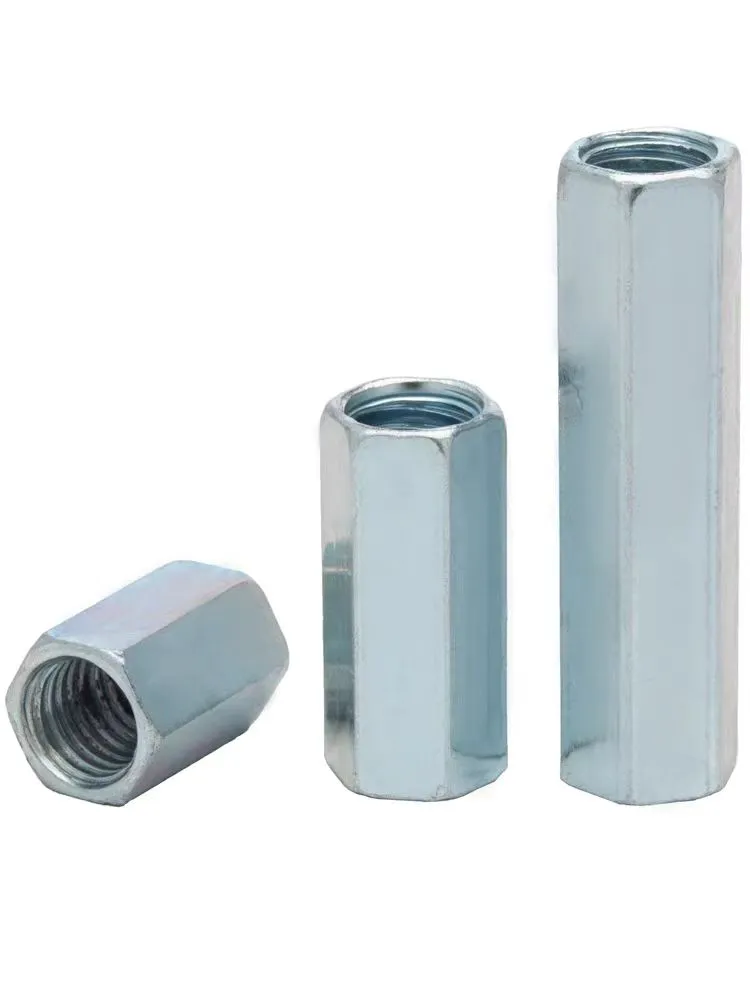

self locking flange nut
Nov . 11, 2024 21:57 Back to list
self locking flange nut
Understanding Self-Locking Flange Nuts A Comprehensive Guide
Self-locking flange nuts are essential components in mechanical and structural applications, offering a combination of strength, durability, and ease of use. With their specialized design, these nuts play a crucial role in ensuring tight connections that resist loosening due to vibration or dynamic loads. This article delves into the characteristics, benefits, applications, and considerations of self-locking flange nuts.
What are Self-Locking Flange Nuts?
Self-locking flange nuts combine a standard nut and a built-in flange, which provides a larger surface area that is in contact with the material. This design enhances the nut's ability to maintain its position, drawing on the friction generated between the nut and the surface it secures. The self-locking feature is typically achieved through a variation in the nut's design, such as incorporating nylon inserts, increasing the thread pitch, or providing special coatings that enhance grip.
Advantages of Self-Locking Flange Nuts
1. Vibration Resistance One of the primary benefits of self-locking flange nuts is their ability to resist loosening under vibration and dynamic conditions. This is particularly crucial in industries such as automotive and aerospace, where component integrity is vital for safety and reliability.
2. Prevention of Galling Because of their surface area and design, these nuts minimize the risk of galling, especially when used with softer materials. This reduces the likelihood of damaging threads, which can happen during assembly and disassembly.
3. Ease of Installation The flange design provides a bearing surface that ensures a more even distribution of load, reducing the chances of damaging the surface underneath. This feature also makes installation faster and simplifies maintenance, as it can often be done without specialized tools.
4. Cost-Effectiveness While they might be slightly more expensive than standard nuts, their durability and effectiveness in preventing loosening can lead to lower maintenance costs and reduced downtime, making them a cost-effective choice in the long run.
5. Temperature and Chemical Resistance Many self-locking flange nuts are designed to withstand extreme temperatures and harsh environmental conditions, making them suitable for a wide range of applications across various industries.
Applications of Self-Locking Flange Nuts
Self-locking flange nuts are versatile and utilized in numerous applications, including
- Automotive Industry They are commonly used in vehicles to secure various components, including engines, suspensions, and body panels. Their vibration resistance is particularly advantageous in this field.
self locking flange nut

- Aerospace Applications In aircraft, the need for reliability is paramount
. Self-locking flange nuts help ensure that critical components remain securely fastened during flight, which is crucial for safety.- Heavy Machinery They are extensively used in construction and agricultural machinery, where heavy loads and vibrations are frequent. The robustness of these nuts contributes to the overall durability of the equipment.
- Electronics In electronics, self-locking flange nuts secure circuit boards and other components, taking advantage of their ability to withstand thermal fluctuations as well as mechanical stress.
Considerations When Choosing Self-Locking Flange Nuts
When selecting self-locking flange nuts for a specific application, several factors should be considered
1. Material The choice of material (e.g., stainless steel, aluminum, plastic) can affect strength, weight, and corrosion resistance. The intended environment should guide this decision.
2. Size and Thread Type Ensure compatibility with the bolts or screws being used. The correct size and thread type are essential for functionality and safety.
3. Load Requirements Assess the expected loads and stresses. This understanding will help in selecting a nut with the appropriate strength and locking mechanism.
4. Environmental Conditions Consider factors such as temperature extremes, exposure to chemicals, and moisture, as these can impact the performance of the nuts.
5. Installation Method Be aware of the tools and the process needed for installation, as some flange nuts may require specific techniques to ensure they lock properly.
Conclusion
Self-locking flange nuts are valuable components that enhance reliability and safety in various applications. Their unique design provides significant advantages over standard nuts, particularly in environments with high vibrations and dynamic loads. By understanding their features, benefits, and appropriate applications, engineers and manufacturers can make informed decisions that contribute to the longevity and performance of their products.
Latest news
-
High-Strength Hot Dip Galvanized Bolts - Hebei Longze | Corrosion Resistance, Customization
NewsJul.30,2025
-
Hot Dip Galvanized Bolts-Hebei Longze|Corrosion Resistance&High Strength
NewsJul.30,2025
-
High-Strength Hot-Dip Galvanized Bolts-Hebei Longze|Corrosion Resistance&High Strength
NewsJul.30,2025
-
Hot Dip Galvanized Bolts-Hebei Longze|Corrosion Resistance&High Strength
NewsJul.30,2025
-
Hot Dip Galvanized Bolts - Hebei Longze | Corrosion Resistance, High Strength
NewsJul.30,2025
-
High-Strength Hot Dip Galvanized Bolts-Hebei Longze|Corrosion Resistance, Grade 8.8
NewsJul.30,2025

